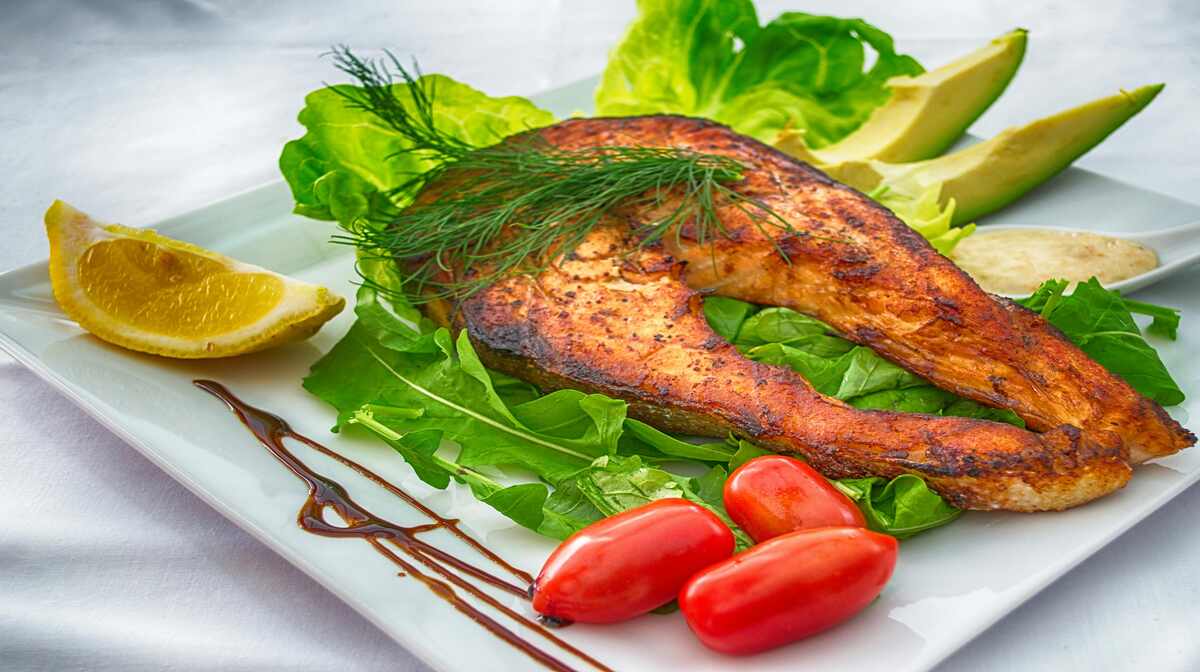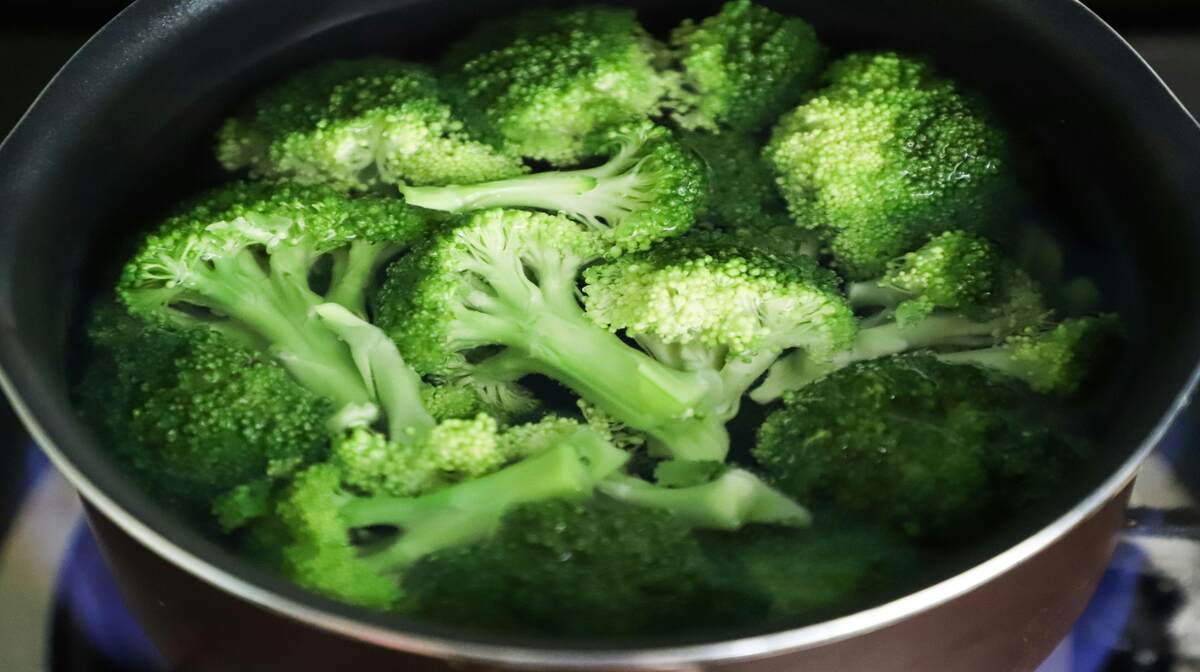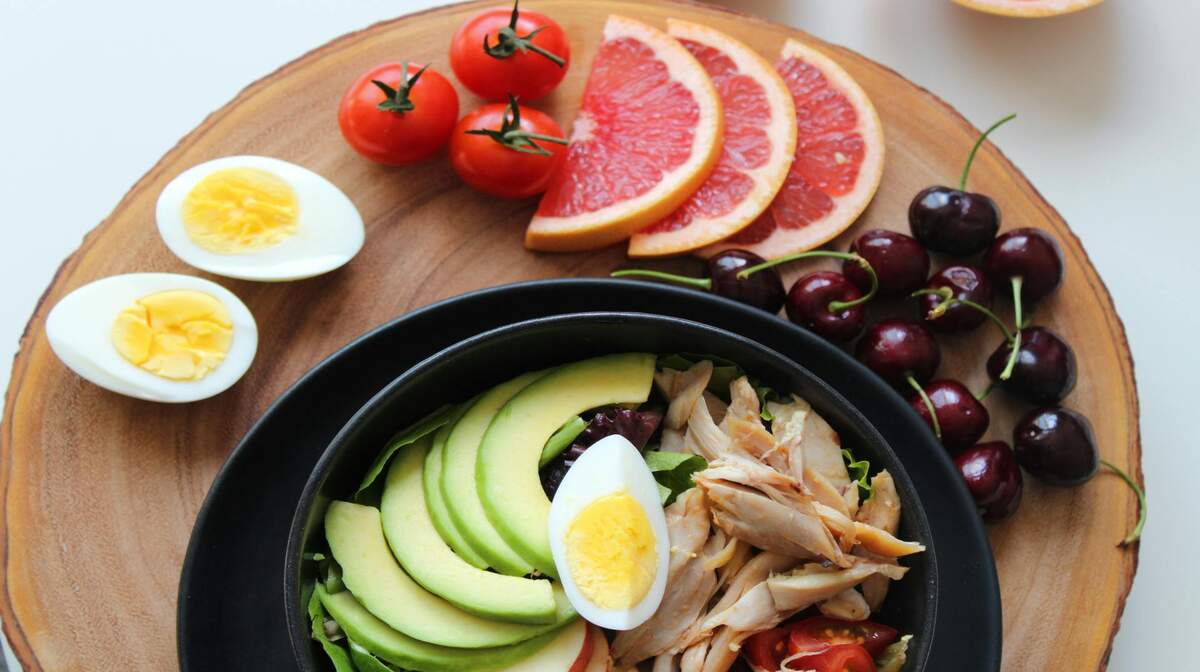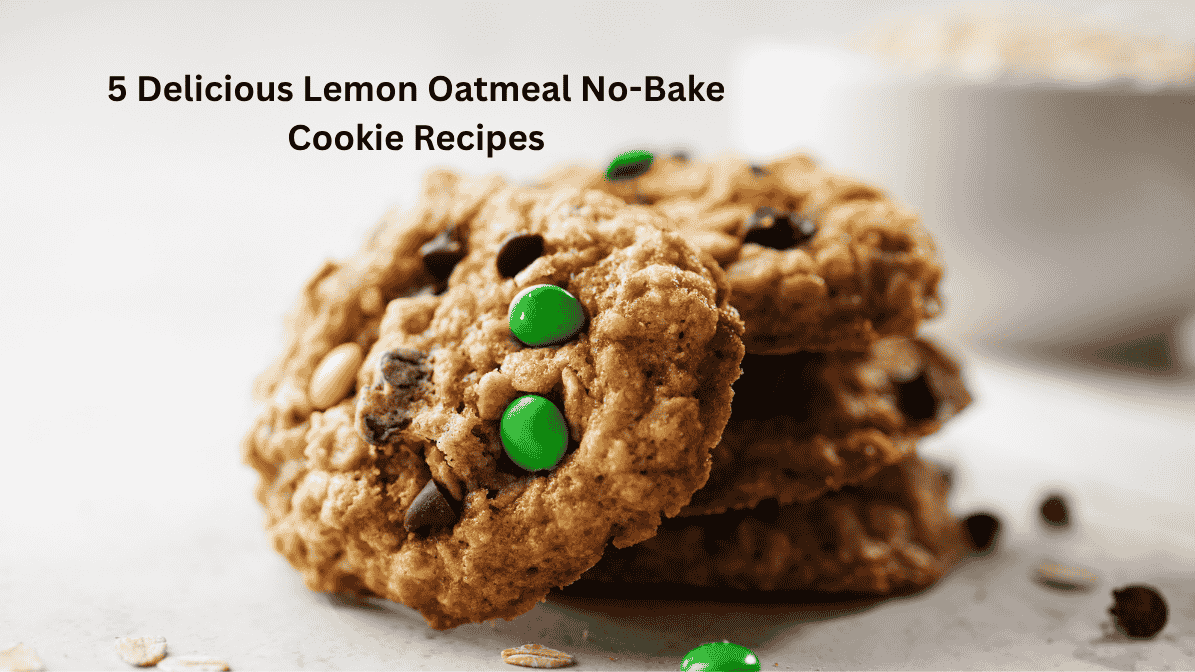Introduction:
The Keto Diet and Heartburn often go hand in hand, especially for beginners. While keto is praised for quick weight loss and better energy, many people are surprised by the burning discomfort that follows meals. High-fat foods, acidic ingredients, and rapid changes in digestion are the main reasons keto can trigger reflux. But don’t worry—heartburn doesn’t mean you have to quit. By choosing the right foods, adjusting portion sizes, and making small lifestyle changes, you can enjoy the benefits of ketosis without the constant burn. This guide explains why it happens and how to prevent it.

Why Do We Get Heartburn?
Heartburn. Just hearing the word makes some people squirm! If you’ve ever felt a burning feeling in your chest or throat, you’re far from alone. Heartburn is common—but why does it happen? And could a popular food trend, the keto diet, hold the answer to feeling better?
Millions of people around the world want to eat well, feel good, and avoid uncomfortable digestive problems. But sometimes, our favorite foods seem to fight back. Pizza, soda, chocolate—yum! But later, ouch. That stinging pain is heartburn.
In this article, we’ll look at one big question: Can the keto diet help prevent or reduce heartburn symptoms? You’ll learn what heartburn is, how the keto diet works, smart food choices, myths vs. facts, personal stories, and easy recipes to help you feel your best.
What Is Heartburn?
Imagine eating a tasty burger with fries, and about twenty minutes later, you feel:
- Burning in your chest
- Sour taste in your mouth
- Fuzzy feeling in your throat, especially when you bend or lie down
- Burping or hiccuping
That’s heartburn—and it happens when some of your stomach acid escapes from your stomach and goes up into your esophagus (the tube that takes food from your mouth to your tummy).
Why does this happen? Here’s a closer look:
- When we eat, food travels down our throat to the stomach.
- There’s a muscle called the lower esophageal sphincter (LES) that opens to let food in, then closes to keep acid out.
- If that muscle relaxes when it shouldn’t, acid can splash back up, irritating your esophagus and causing heartburn.
What Triggers Heartburn?
The LES can get weak or relax at the wrong time, especially when:
- You eat big meals, or eat too close to bedtime
- You eat spicy, greasy, or acidic foods (think pizza, burgers, hot dogs, oranges, tomatoes)
- You drink sodas, sparkling water, coffee, or alcohol
- You lie down after eating
- You wear tight clothes around your belly
- You’re stressed or worried
Heartburn can happen to anyone, young or old.
Understanding the Keto Diet and Heartburn: What Does “Keto” Mean?
The keto diet has become super popular in recent years. Celebrities, athletes, and regular folks all over the world are trying keto to lose weight, get more energy, and yes—even help with heartburn.

The Keto Diet: Basics
- Keto is short for ketogenic.
- It’s a way of eating that’s very high in fat, moderate in protein, and very low in carbohydrates.
- On keto, the goal is to eat way less sugar and starch (carbs) than usual—often just 20–50 grams per day.
- Your meals are filled with foods like eggs, cheese, meats, nuts, olives, and non-starchy veggies.
How Does the Keto Diet Work?
Normally, your body uses sugar (glucose) from carbs as its main energy source. But when you don’t eat many carbs, your body needs another way to get energy. Enter: ketosis!
- On keto, your liver turns fat into molecules called ketones, which your body and brain use instead of sugar.
- This change can make you lose weight, feel less hungry, and have steady energy.
- Many people say their digestion improves…and some say their heartburn goes away!
Keto Diet and Heartburn: What’s the Connection?
So, why do people on the keto diet often report less heartburn? Let’s break it down.
- Fewer Processed Carbs and Sugars
- Regular diets full of bread, pasta, chips, and sweets make the tummy work overtime.
- These foods can cause gas and bloat, putting pressure on your stomach and making acid more likely to push upwards.
- Lower Sugar Intake
- Sugar can “feed” certain bad bacteria in the gut, leading to more acid and gas.
- Smaller Meals
- Keto foods are rich and filling, so you naturally eat a bit less at a time.
- This means less stomach-stretching and less risk of acid spillage.
- Healthier Fats and Protein
- Foods like avocados, fish, and eggs rarely trigger heartburn.
- Cutting Out Typical Triggers
- People new to keto often stop drinking soda and eating greasy takeout as part of cleaning up their diet.
What Do People Say? Real-Life Stories
- “Before keto, I had to take heartburn pills almost every night. Now I rarely get it, unless I sneak in a slice of regular pizza!”
- “My doctor suggested keto to help my digestion. I was skeptical—but after two weeks, my heartburn had almost vanished.”
- “Whenever I eat bread or drink soda, my heartburn returns. On keto, I feel so much better.”
Of course, not everyone has the exact same experience.
The Science: How Keto Changes Digestion and Heartburn
Let’s look at what doctors and scientists say about keto and heartburn.
1. Stomach Acid Production
Some foods make your stomach create extra acid. When you eat less bread, rice, or sugar, your stomach often calms down and makes less acid.
2. Gut Microbiome
Your gut is like a tiny garden, packed with trillions of helpful bacteria. High-carb diets feed bacteria that can make unwanted gas, which puts more pressure on your stomach. Keto changes your gut bacteria—often for the better!
3. Less Gas = Less Pressure
Less gas means less burping and less pressure trying to push stomach acid up where it doesn’t belong. This means a happier, more peaceful tummy.
4. Insulin and Inflammation
Eating less sugar lowers insulin and general inflammation in your body. Some studies show this helps reduce heartburn and acid reflux.
Note: There’s still a lot of research to be done. Always ask your doctor, especially if you have health conditions!
Keto Diet and Heartburn: Triggers To Avoid
Keto is not magic! Certain foods—even keto-friendly ones—may still trigger heartburn in some people.

Watch Out For:
- Spicy Foods: Hot peppers, strong spices
- Fatty Meats: Too much bacon or sausage can cause issues for some people
- Citrus Fruits: Oranges, lemons, and limes are acidic, even if low-carb
- Vinegar and Pickles: These are acidic
- Caffeine: Coffee, black tea, especially on an empty stomach
- Alcohol: Yes, even some low-carb drinks like dry wine!
Tips to Prevent Keto Diet and Heartburn:
- Eat slowly and chew your food well.
- Don’t eat late at night or just before lying down.
- Keep a food diary to track what triggers your symptoms.
- Elevate your head with a pillow if you get heartburn at night.
- Drink plenty of water all day.
Starting Keto: A Beginner’s Guide (for Heartburn Sufferers)
Trying keto for the first time can feel overwhelming, but it doesn’t have to be! Here’s your step-by-step plan:
1. Clear Out Trigger Foods
Say goodbye to:
- Breads
- Soda
- Processed snacks
- Fast food
- Most packaged desserts
2. Stock Up on Keto Staples
- Eggs
- Lean meats (chicken, turkey)
- Fatty fish (salmon, sardines)
- Lots of leafy greens (spinach, kale)
- Broccoli, cauliflower, zucchini
- Berries (small servings!)
- Greek yogurt (plain, unsweetened)
- Cheese (if you tolerate it)
- Avocados, nuts, seeds
3. Plan Your Meals
Eat 3 small meals each day instead of 2 giant ones. If you get hungry for a snack, reach for a handful of nuts, a boiled egg, or cucumber slices.
4. Hydrate!
Sometimes, dehydration can make heartburn worse and cause “keto flu.” Aim for 8–10 glasses of water daily.
5. Don’t Go Overboard on Fats
Eat enough healthy fats, but don’t force-feed yourself bacon and butter. Listen to your body!
Busting Myths: Keto Diet and Heartburn
Let’s look at some common myths and see what’s really true.
| Myth | Reality |
| Keto always causes heartburn due to high fat | Healthy fats are usually fine! Overeating or too much processed fat could be a problem, but most people get less heartburn on a balanced keto diet. |
| Carbs prevent acid reflux | For many, eating lots of carbs makes heartburn worse. Cutting out bread, pasta, and soda usually brings relief. |
| You need to eat spicy food on keto | Not true. Keto can be tasty and mild! Skip the spices if they bother you. |
| Keto is only for weight loss | Keto can support weight loss, energy, focus and—for many—better digestion! |
| Heartburn on keto means it isn’t working | Sometimes, your body needs time to adjust. Keep track, tweak your meals, and talk to your doctor if heartburn lasts. |
Meal Plans: Sample Keto Day for Beat-the-Burn Benefits
Here’s a sample simple plan with heartburn in mind:
Breakfast
- Scrambled eggs cooked with spinach and a little olive oil
- Half an avocado on the side
- Water or non-acidic herbal tea
Lunch
- Grilled chicken breast
- Roasted cauliflower and zucchini
- Small handful of macadamia nuts
Snack
- Sliced cucumber with cream cheese
Dinner
- Baked salmon with lemon zest (avoid too much lemon juice)
- Steamed green beans
- Side of coleslaw (no vinegar; use olive oil and mayo)
Dessert
- Plain Greek yogurt with a few fresh berries
Tips:
Avoid heavy spices, tomato sauce, fried foods, or anything you suspect causes discomfort.
Real-Life Testimonials Keto Diet and Heartburn
Let’s hear from real people:
“I suffered from heartburn for years and always carried antacids. Three weeks into keto, my reflux is 90% better. My doctor couldn’t believe it!”
— Ray, age 38
“What surprised me most was how much less bloated I felt. I eat more veggies now, and cutting out bread made my symptoms almost disappear.”
— Leah, age 29
“Watch out for sneaky sauces—even on keto, some can trigger reflux. But overall, smaller meals and less sugar helped me a ton.”
— Mahi, age 43
What If Keto Doesn’t Fix My Heartburn?
Keto works wonders for many, but not all. If your heartburn sticks around, try these steps:
- Double-Check for Hidden Sugars: Look for sugar in sauces, dressings, and processed meats.
- Go Easy on Dairy: Some people are sensitive, especially with creamy cheeses.
- Try Mild Veggies: Skip onions, garlic, and super-spicy foods.
- Don’t Overeat: Even healthy food can overwhelm your stomach if you eat too much.
If you still struggle after these changes, it might be time to ask your doctor or see a nutritionist.
The Science Section: What Do Studies Show?
- Some research suggests that diets low in refined carbs reduce symptoms of Gastroesophageal Reflux Disease (GERD), the formal name for chronic heartburn.
- A change in gut bacteria, less bloating, and less sugar-triggered acid may all play a role.
- While more large studies are needed, many doctors say a healthy low-carb diet is low-risk and worth trying for mild heartburn.
Frequently Asked Questions (FAQ)
Q: Can keto make heartburn worse?
A: Some people experience more heartburn if they suddenly start eating lots of fatty foods. If that’s you, go slow. Favor healthy fats (avocado, olive oil, fish), and avoid fried or super-spicy foods.
Q: Is the keto diet safe for teens with heartburn?
A: Teens need plenty of energy and nutrients. If you’re young and struggling with heartburn, always talk to a doctor or nutritionist before starting any strict diet.
Q: Can I ever eat bread or pasta again?
A: On strict keto, bread and pasta are off the table. But some people do well with very small amounts of whole grain bread after their symptoms improve.
Q: I miss sweet drinks, what can I have?
A: Try drinking water with a splash of lemon (if citrus doesn’t bother you) or iced herbal teas. Sparkling water is fine, unless it causes gas or burping.
Q: How do I know if my heartburn is serious?
A: Occasional heartburn isn’t a big worry. If you get heartburn often, have chest pain, or trouble swallowing, see your doctor right away.
Beyond Heartburn: Other Keto Benefits
People don’t just try keto for their bellies. Here are other possible benefits:
- Weight loss (especially belly fat)
- Steady, all-day energy
- Fewer cravings for sugar and snacks
- Better focus in school or at work
- Less bloating and gas
But remember, keto is not for everyone. If it doesn’t feel right for you, other diets may help your digestion too.
Top 10 Tips: Keto Diet and Heartburn for a Happy Tummy
- Start Slowly: Give your body time to adjust.
- Keep a Food Diary: Track meals and heartburn episodes.
- Balance Your Plate: Lots of veggies, moderate fat and protein.
- Pick Healthy Fats: Avocado, olive oil, nuts, and seeds.
- Watch the Dairy: Go for aged cheeses, avoid creamy or processed ones if sensitive.
- Sip Water All Day: Hydration helps digestion.
- Go Easy on Spices: Mild seasoning is friendlier to your stomach.
- Avoid Lying Down After Eating: Give your meal time to settle.
- Stand or Sit Upright: Good posture matters.
- Talk to Your Doctor: Especially if symptoms stick around!
Final Thoughts Of Keto Diet and Heartburn
If you’re tired of Keto Diet and Heartburn and looking for an easy-to-follow, tummy-friendly way to eat, the keto diet might be your answer. Many people say goodbye to frequent reflux by trading bread and soda for fresh veggies, meats, and healthy fats. While keto may not cure everyone’s digestive woes, it can make a big difference.
Remember, you’re the boss of your journey! Start slowly, notice what helps, and talk to your doctor if you have questions. Eating should leave you feeling good—not burning inside.
Here’s to happy meals, happy tummies, and a life with less heartburn. You deserve to enjoy your food and feel fantastic every day!



